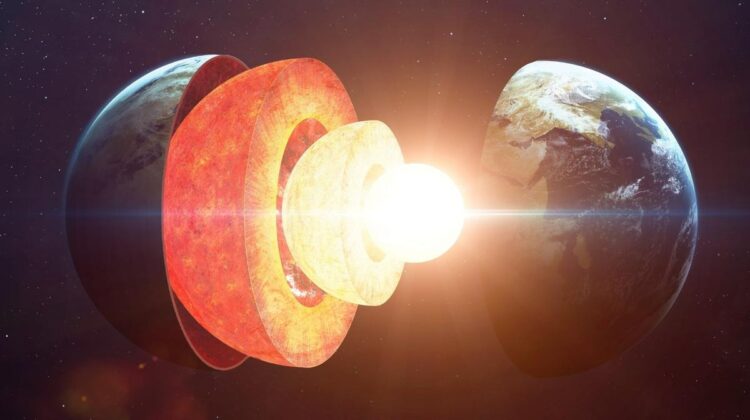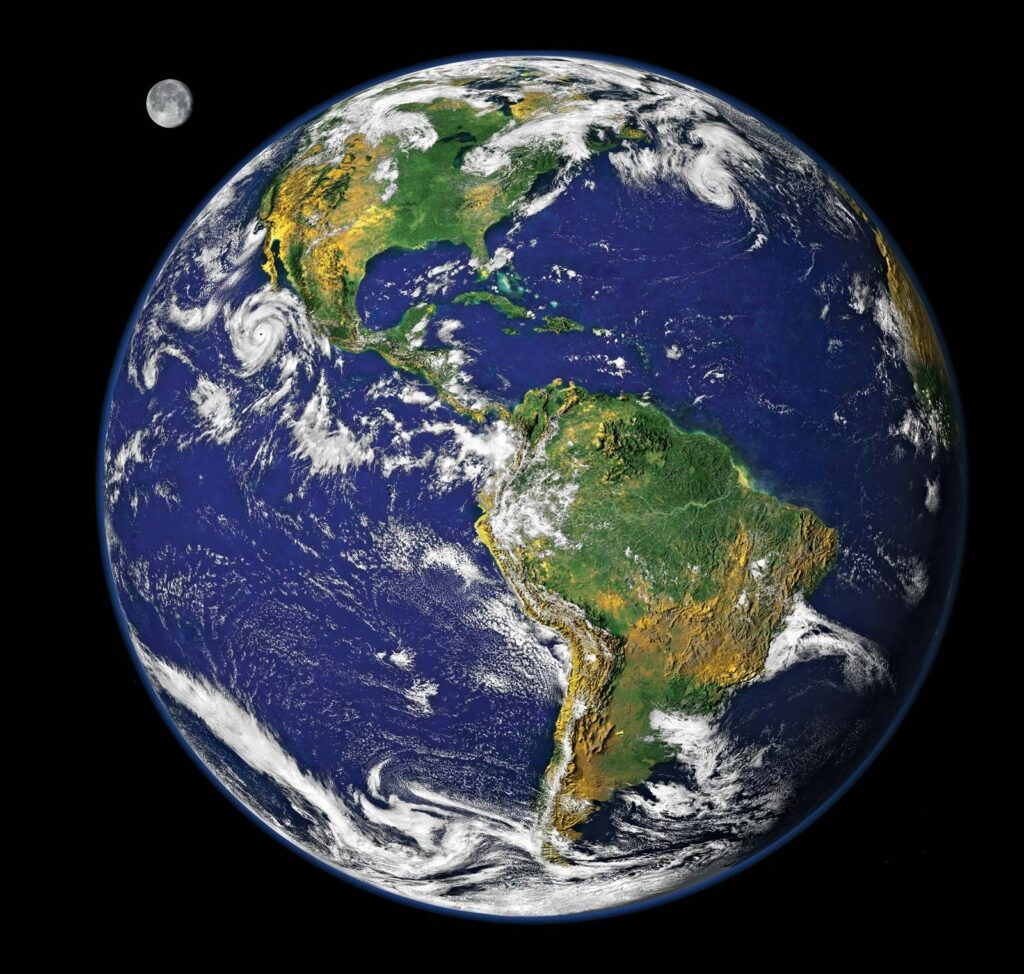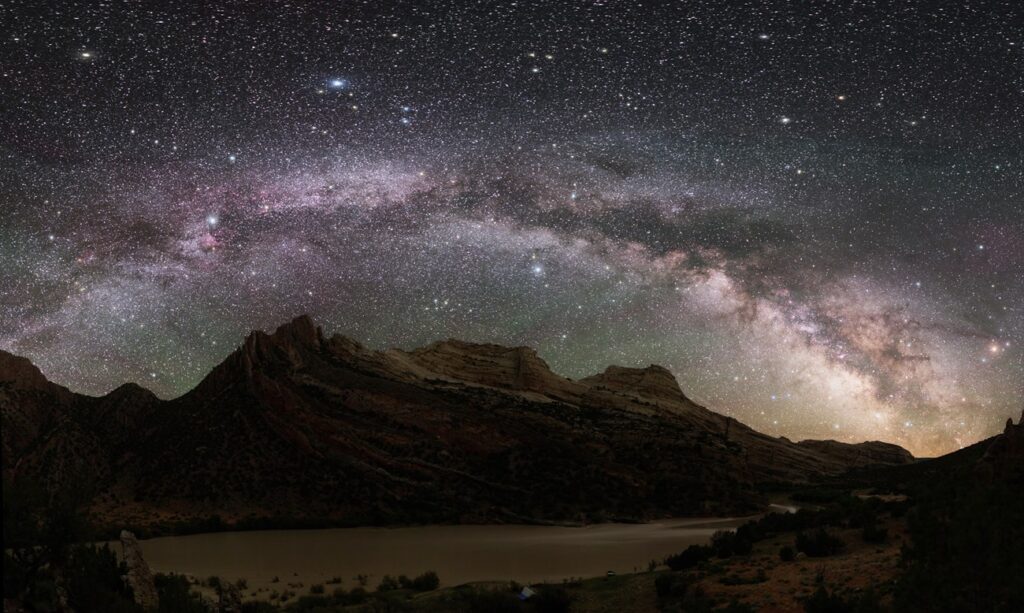
How old is the Earth?
The age of our planet, Earth, is a topic that has intrigued scientists for decades. Through meticulous research and advanced geological techniques, scientists have estimated the Earth’s age to be approximately 4.54 billion years, with a margin of error of about 50 million years. This scientific revelation has opened up new avenues for understanding the intricate history and evolution of our celestial home.
The quest to determine the Earth’s age involves a fascinating journey into the depths of geology. Scientists have embarked on a mission to unearth the oldest rocks, utilizing radiometric dating methods to unlock the secrets hidden within the Earth’s crust. These rocks serve as time capsules, preserving vital clues about the planet’s ancient past.

In the vast expanse of northwestern Canada, scientists made a groundbreaking discovery that significantly contributed to our understanding of Earth’s age. They unearthed rocks that date back an astonishing 4.03 billion years. These ancient rocks provide a glimpse into the primordial stages of our planet, offering valuable insights into the conditions that prevailed during its formative years.
Radiometric dating, a powerful tool in the geologist’s arsenal, has played a pivotal role in determining Earth’s age. This technique involves measuring the decay of radioactive isotopes within rocks, allowing scientists to calculate the time elapsed since their formation. The precision of this method has improved over the years, enabling researchers to narrow down the Earth’s age with remarkable accuracy.

As scientists continue to refine their methods and explore new geological sites, the quest for the Earth’s age remains an ongoing scientific endeavor. The age of 4.54 billion years serves as a benchmark, but researchers are continuously striving to enhance the accuracy of their calculations and push the boundaries of our knowledge about Earth’s history.
The implications of understanding Earth’s age extend beyond mere curiosity. This knowledge provides a foundation for comprehending the planet’s geological processes, climate fluctuations, and the emergence and evolution of life. It serves as a critical piece in the puzzle of Earth’s complex narrative.

In conclusion, the age of the Earth, estimated at 4.54 billion years, stands as a testament to the resilience of scientific inquiry. Through the meticulous study of ancient rocks and the application of advanced dating techniques, scientists have unveiled the secrets of our planet’s distant past. As technology advances and our understanding deepens, the quest to unravel Earth’s age continues to be a captivating journey into the heart of geological exploration.

Leave a Reply